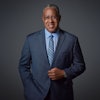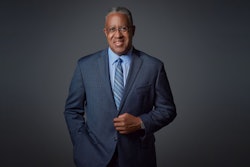For centuries, the Hmong have recorded their rich history of culture and problem solving through oral narrative. In the tradition of the Hmong people, a storytelling approach guides this dialogue to provide you as reader, rather than listener, with a full understanding of the nature, importance, and scope of what it means to be a Hmong, Hmong-American, raised in South Stockton in a low-socioeconomic community, to refugee parents with no formal education in a family of 10, and a product of the public school system. In doing so, I hope to contest the concept of “model minority” and give voice to Hmong students, who are frequently missing from national conversations about college access, retention, and completion rates.
The individual stories of a single event that altered the course of history for an entire people’s life and culture has been part of my consciousness for as long as I remember. This consciousness has humanized me with the craving to search, reflect, and understand my parents’ story about their journey of displacement and loss. My parents came to “teb chaws Amelika” or “homeland America” and left the refugee camps of Thailand on December 18, 1979. Their struggles parallel those of hundreds of Hmong refugee families in America and have shaped their children’s identity.
For me, to be Hmong, I relived their struggles and years of trauma, but ironically I was a beacon of hope to them for the future. My generation of Hmong will be conflicted and challenged to explore what it will mean to be Hmong in America. The following Hmong proverb captures the deep consciousness of another “teb chaws” or homeland my parents long to return to, and to know of this homeland has exposed me to their sense of displacement.
Hla dej yuav hle khau Tsiv teb tsaws chaw yuav hle hau.Cross the river, you’ll take off your shoes; Flee from your country, you’ll take off your status (Miyares, 1998).














